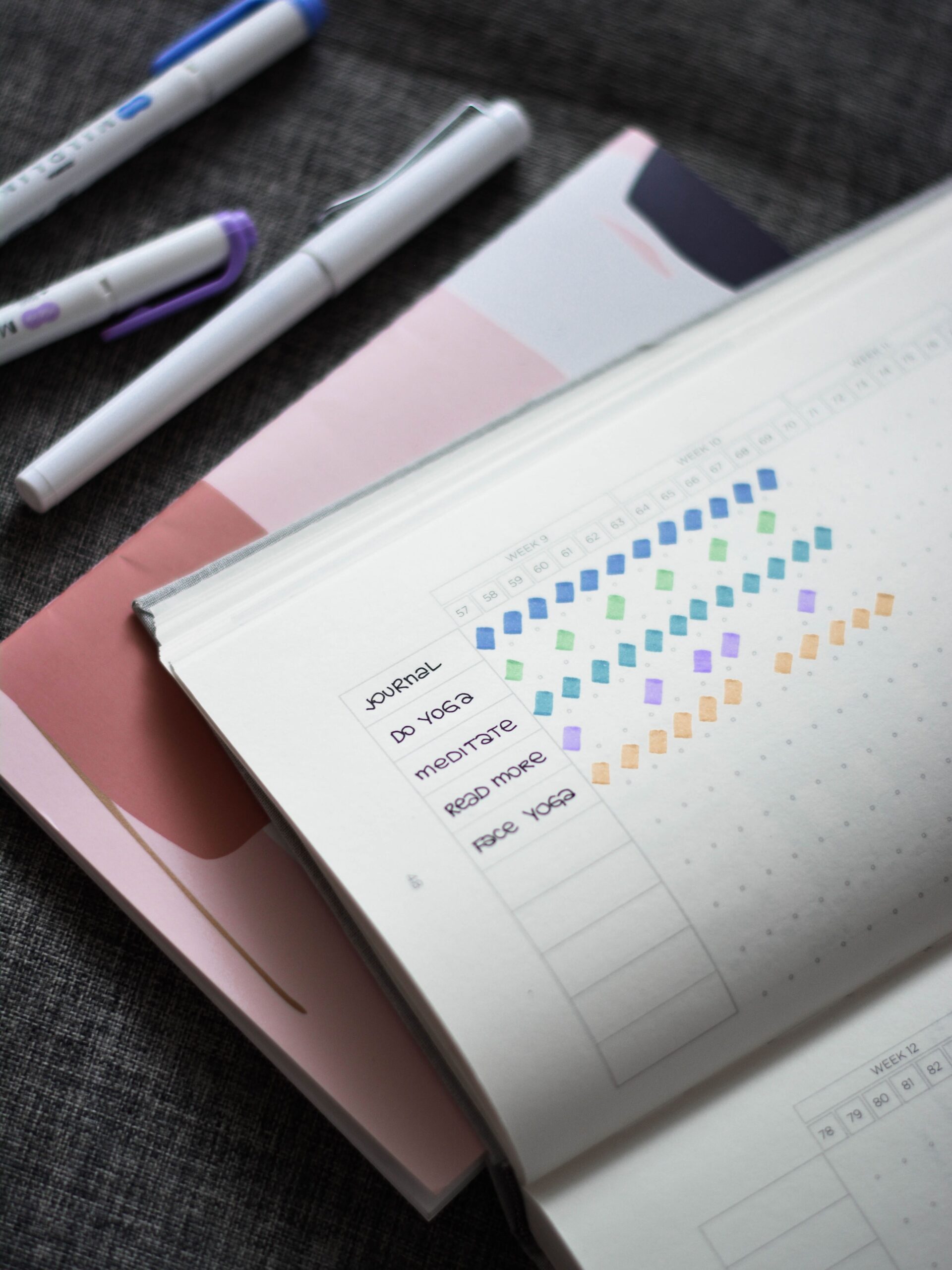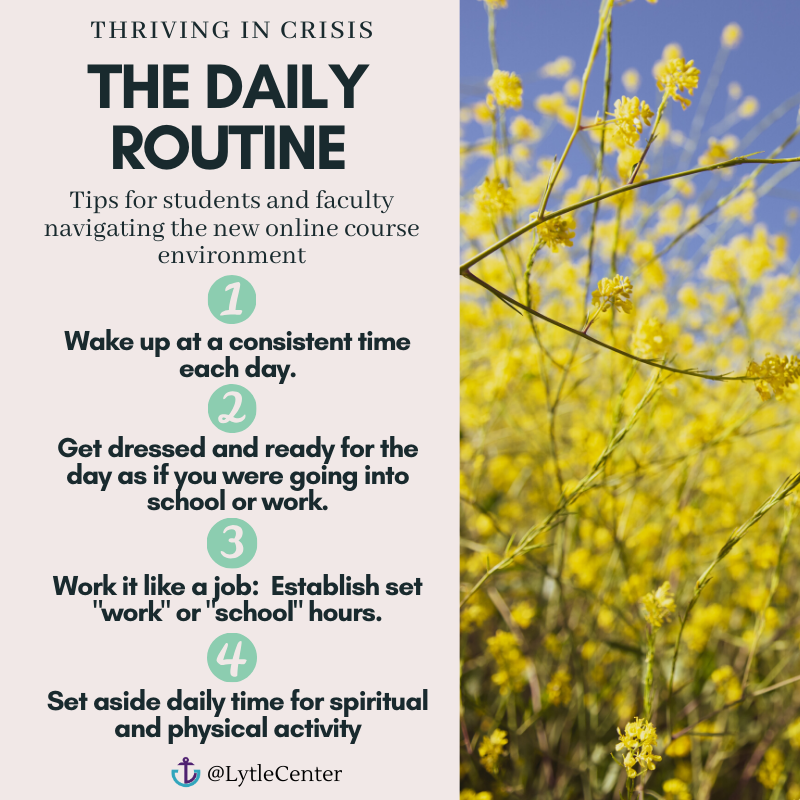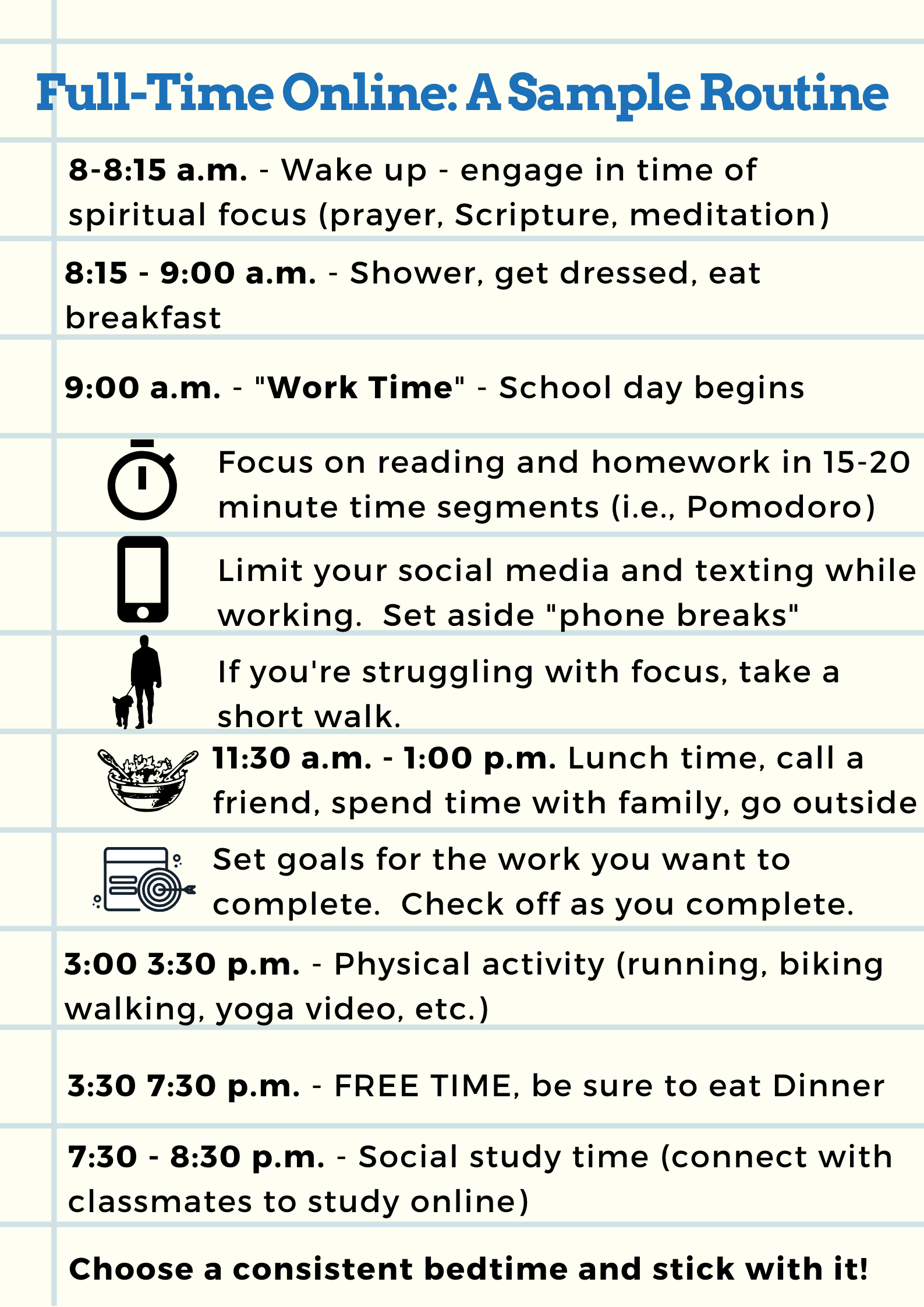As the coronavirus pandemic threatens to put the world on hold, everyone seems challenged to figure out what life should look like in the midst of school, church, and organizational shutdowns. Many are, understandably, nervous and fearful about what the future entails. In these times of uncertainty, sometimes our default response is to “just try to get by” and may even result in us lowering our expectations about our own and others’ learning and development. However, this doesn’t have to be the case. History demonstrates that crises are often the training ground for incredible growth opportunities. This is why we are developing a new series here at the Lytle Center called, “Thriving in Crisis.” Whether you are a student trying to navigate an online college experience for the first time, a parent working with children who are now learning from home, or an employee being asked to work from home for the first time, we hope to bring inspiration, tips, and useful resources to help you make this world crisis a time of thriving. We begin with a foundational step for anyone trying to figure out how to navigate ambiguity – get in a healthy routine.
 The Power of Routines
The Power of Routines
Wouldn’t it be great to just be able to wake up whenever you want? If you’re a typical human being, you’ve probably uttered these words. You likely have longed for a break from the daily grind and looked forward to the times when you can do whatever you want to, whenever you want to do it. Many of us think of this as “freedom.” However, a large body of research across numerous disciplines informs us that this is often not the case. Beyond short breaks in our daily schedules and routines, living each day without a defined structure tends to lead to decreases in mental well-being, productivity, and general health. In fact, some scholars have noted that a daily routine actually provides us with freedom (Clark, 2000).
A routine can be thought of as a structured and repeated way of acting. Routines often begin with deliberate action and over time become more automated. The benefits of daily routines include the fact that they bring structure to complexity (thereby reducing stress), a sense of accomplishment, and offer your mind the freedom to think creatively. Routines also give you a sense of control over your life and circumstances. One of the first things you should do when you are thrust into a new environment (as the coronavirus has done for most of us), is establish a healthy daily routine. While routinization is highly personal, in that what works for one individual may not for another, we provide the following four steps for developing a simple, healthy routine.
- Wake up at a consistent time each day.
- Shower, get dressed, and ready for the day as if you were going into school or work.
- Establish set “work” or “school” hours.
- Set aside daily time for spiritual and physical activity.
These simple steps are suggestions that will hopefully help you work toward thriving in crisis. As we continue in this series we will be providing helpful suggestions regarding ways to incorporate an intentional focus on faith, service, and community into your new daily routines.
Although everyone’s online demands and individual circumstances will be different, one possible sample schedule for a full-time online student could be as follows:
More Resources:
- 24 CEOs and Executives on the Daily Habits That Made Them Successful (via ThriveGlobal)
- Targeting Your Ideal Bedtime (via The Sleep Doctor)
- 25 Famous Thinkers and Their Inspiring Daily Rituals (via OnlineCollege.Org)


